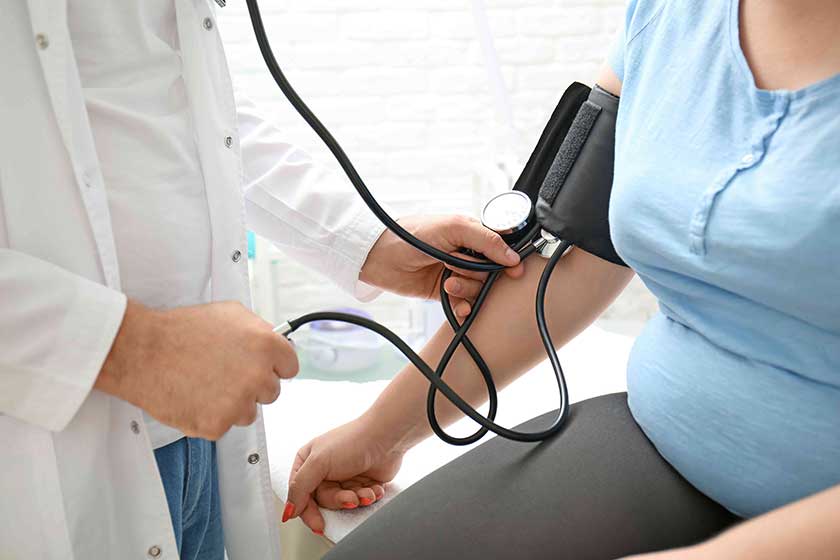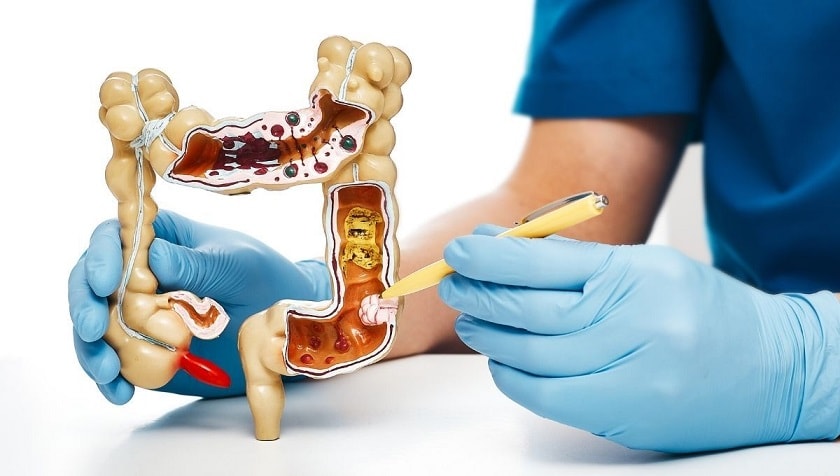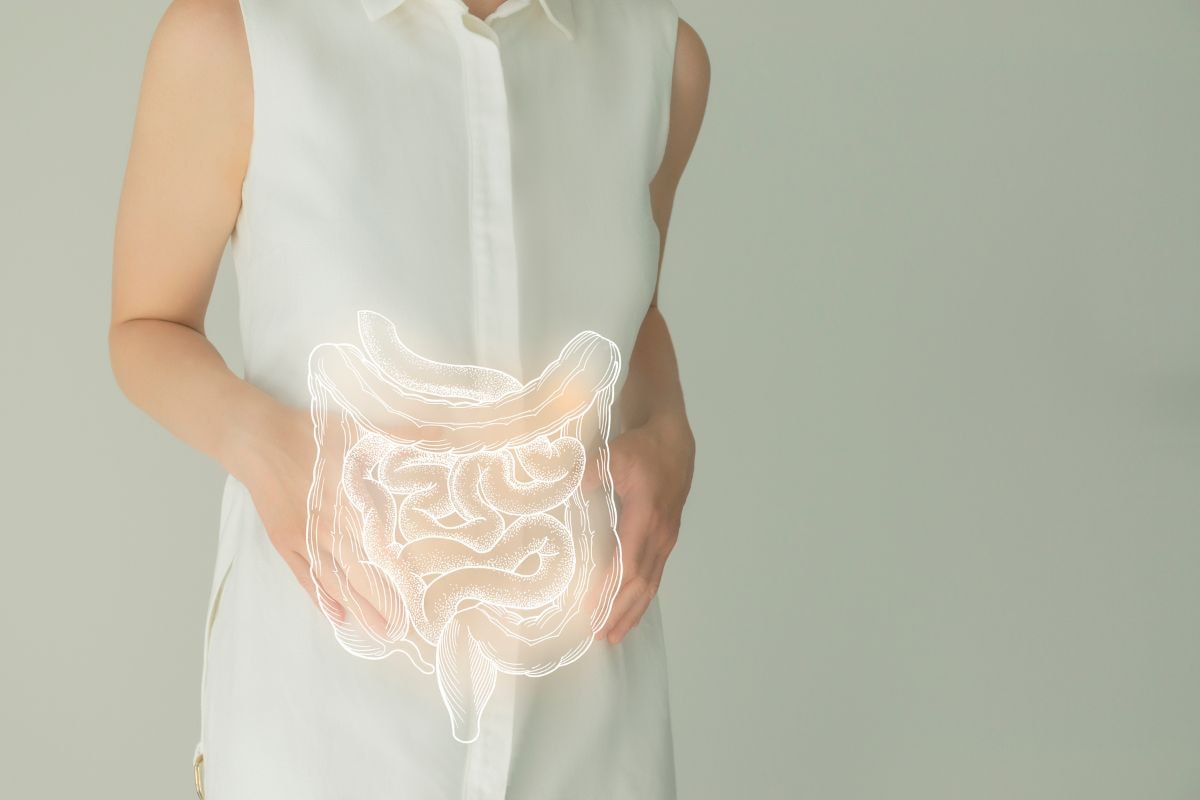Breast cancer is the most common cancer in women of all ages. In Western Australia in 2014, there were 1,737 new cases and 249 women died. The lifetime risk for breast cancer is one in 10 by age 75.
And these figures look set to continue to rise unless we alter our lifestyles.
Breast, Thyroid and General Surgeon Saud Hamza says there is now enough evidence in medical literature about the association between obesity and breast cancer.
“Obesity consistently associates with higher postmenopausal breast cancer risk in many studies,” Saud says.
“Excess fatty tissue results in an increased production of estrogens, insulin, leptin, and pro-inflammatory cytokines, and a decreased production of sex hormone binding globulin, all of which are plausibly linked to breast cancer recurrence and progression.”
What the research into diet and breast cancer says
Saud says there are some very important studies that have demonstrated this link, including:
The Million Women Study
The Million Women Study followed 1.2 million UK women ages 50 to 64 years for 5.4 years, including 45,037 with breast cancer, and identified a nearly 30% higher risk of developing postmenopausal breast cancer with obesity.
A meta-analysis of 34 studies
A meta-analysis of 34 studies of almost 2.5 million women, including 23,909 post-menopausal breast cancers, which indicated that postmenopausal breast cancer risk was positively associated with each 5-kg/m2 increase in BMI.
The Health, Eating, Activity, and Lifestyle (HEAL) Study
The Health, Eating, Activity, and Lifestyle (HEAL) Study showed that active women with breast cancer who engaged in any or at least the recommended amount of aerobic moderate to vigorous recreational physical activity had a 64 per cent and 67 per cent lower risk of death from any cause, respectively, even after adjustment for body mass index (BMI).
Breast cancer survivors with better quality diets had a 60 per cent reduced risk of death from any cause and an 88 per cent reduced risk of breast cancer death.
Active survivors with better quality diets had an 89 per cent reduced risk of death from any cause and a 91 per cent reduced risk of death from breast cancer. In summary, the study found that women diagnosed with localised or regional breast cancer may improve prognosis by adopting and maintaining better-quality dietary patterns and regular recreational physical activity.
The Exercise and Nutrition to Enhance Recovery and Good Health for You (ENERGY) study
The Exercise and Nutrition to Enhance Recovery and Good Health for You (ENERGY) study was designed to demonstrate the feasibility of achieving sustained weight loss and to examine the impact of weight loss on quality of life and co-morbidities.
It was a 4-year randomized controlled trial of 693 overweight or obese women diagnosed with early stage breast cancer.
The trial had three components:
- dietary guidance to promote a reduction in energy intake relative to expenditure
- behavioural strategies to enable conscious eating and a physical activity component emphasising planned aerobic exercise
- increased physical activity and strength training.
The ENERGY study found that with increased physical activity, blood pressure decreased and that a behavioural weight loss intervention can lead to clinically meaningful weight loss in overweight/obese survivors of breast cancer.
What can you do?
So we know that losing weight is important in reducing our risk of being diagnosed with breast cancer but for many of us, it’s not as easy as it sounds.
Read Saud's tip to improving your diet and reducing your risk of being diagnosed with breast cancer.









